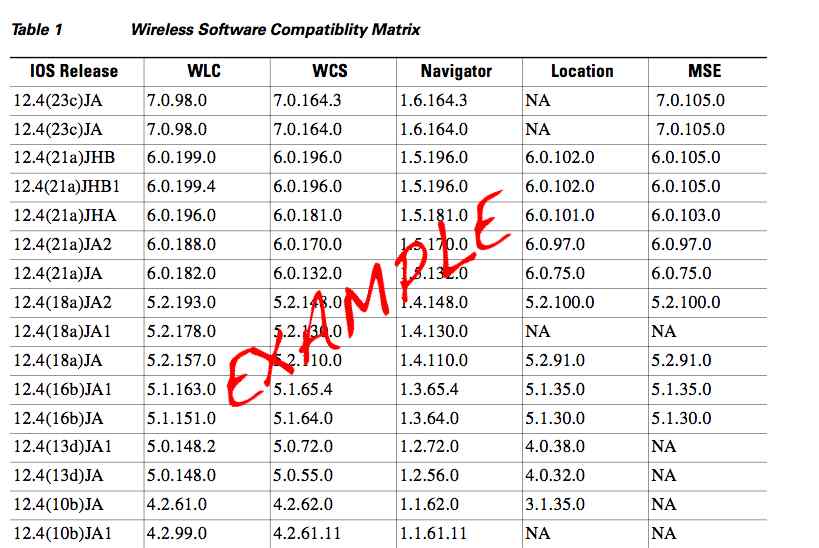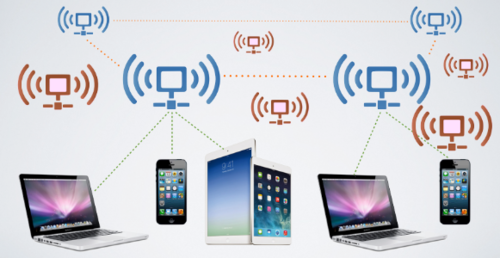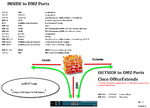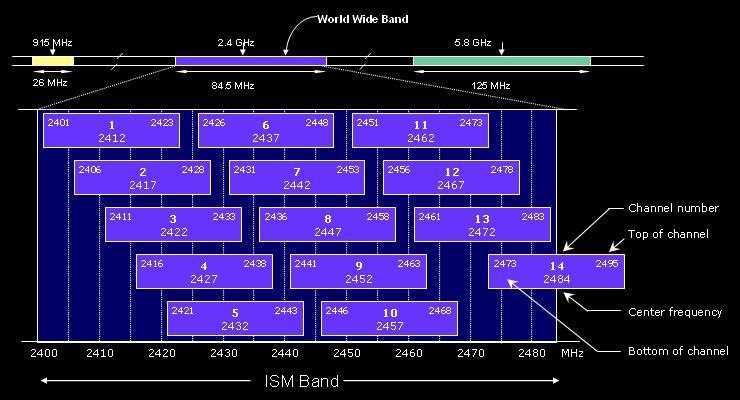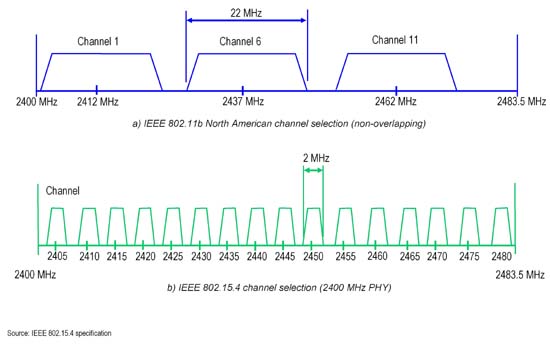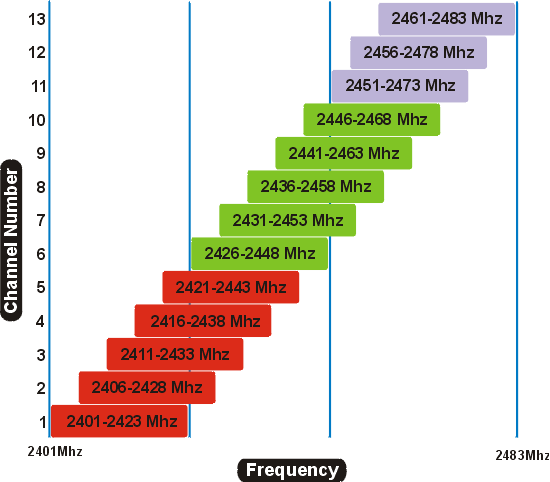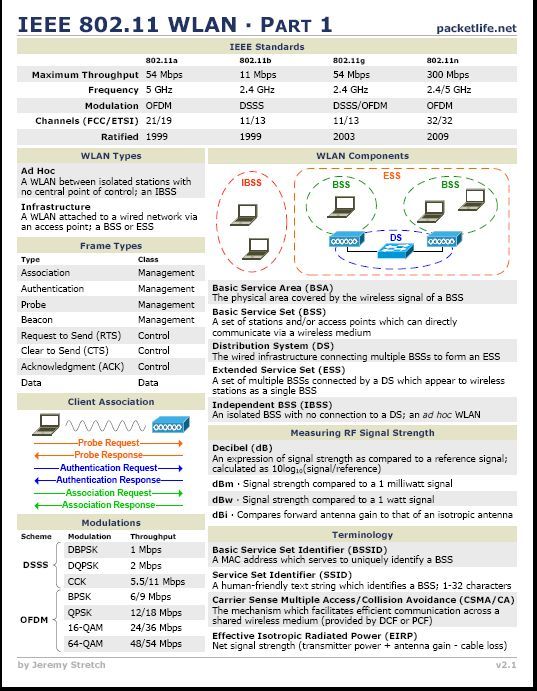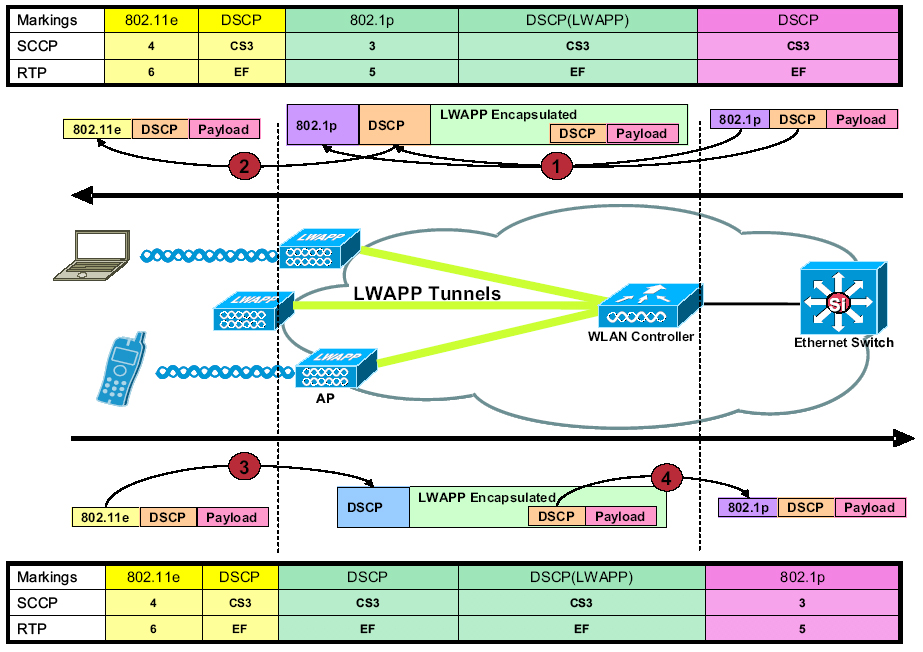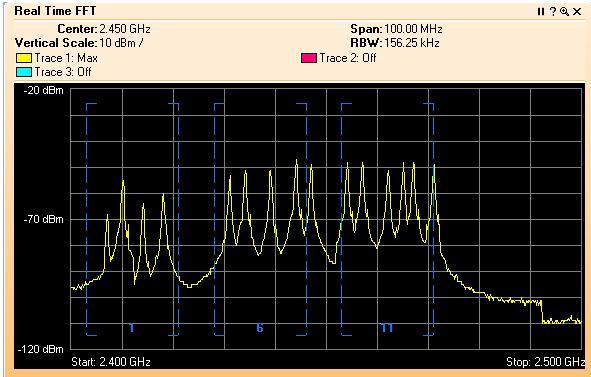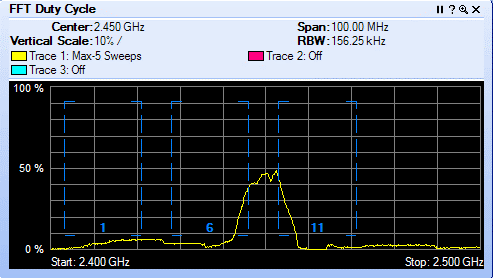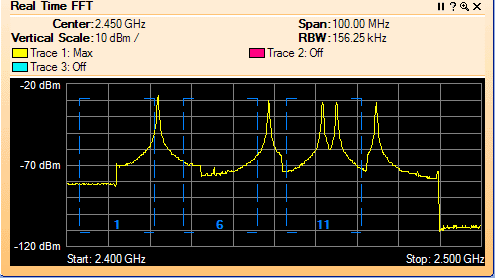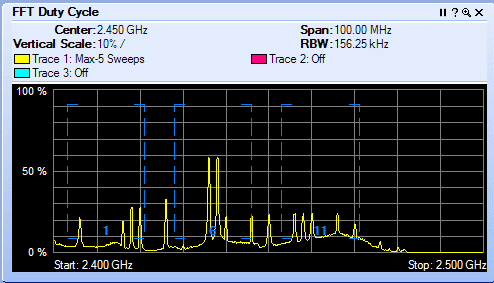I sat the 8 hour CCIE Wireless session at Cisco Live on Sunday. Talk about brain swell. I was in good company with the likes of Blake Krone, Jason Boyers and others.
During the session I used twitter for my note taking, so if you’re following me then you may have noticed an abundance of tweets on Sunday with the #CCIEW and #CL11 hash tags. The session was very focused on most lab topics and lab v2 changes, expected on Nov 18th of this year.
CCIE WIRELESS BULLET POINTS
What made this event unique is the fact that the presenters have either wrote or participated in lab development content. You weren’t getting second hand information from someone else. There were MANY notable items and I will only share a few here. Again, I would recommend stopping by Blake’s and Jason’s blogs.
- CCIE Wireless v2 will be out Nov 18, 2011
- OEQ are getting ditched when v2 comes out
- IPv6 will be on v2
- MULTICAST, MUTICAST, MULTICAST
- CCIE Wireless v2 will be on M1 code release 7.0.116.0
- ACS 5.2, MSE and ANYCONNECT 3.0 are new additions
- Know RRM and ALL your default timers
- CCNP R/S is highly recommended
- OfficeExtends is a new addition, although the AP600 is not in the lab mix
- CCIE Wireless Quick Reference guide is near completion and should be out around November
- CCIE Wireless v2 will no longer come with a paper workbook, rather a digtial one on the pc
Comments I found interesting
“ 95% of the LAB is based around best practices ”
“ 45 CCIE Wireless world wide. 60% of which are Cisco employees ”
“ 25 of the 45 CCIEs are in the US”
“ The first female CCIE W passed this week, again Cisco employee ”
“ CCNA level R/S will not be enough to pass the wired side tasks of the CCIE W ”
“ The lab can be completed in 5 -6 hours “
“ Average 3 attempts to pass the exam “
DEMO LAB / SOLUTION GUIDE
Each person received a demo lab book which is an “example” of a mock up lab. When asked if we could share this document, although its just an “example” lab we were given the “look”.
The presenters also shared how the lab is graded. This was a good eye opener for most of us in the class. As the CCIE W is manually graded it was interesting to see how it was done. In short, the example lab was 22 pages with about 40 pts. The solution guide that the proctor uses in this example was 68 pages. The guide was color coded. Yellow represented what the config on the lab should represent exactly. While blue was variable.
In closing. It was worth the extra $1,000 bucks to sit this class. The presenters all did a great job.
Presenters
Stephen Orr Distinguished Systems Engineer
Javier Contreras Albesa System Engineering - WNBU Escalation
Erik Vangrunderbeek Product Manager
Matt Swartz Technical Leader
Secondary Speaker: Davie Chia Product Manager
NOTES:
You can find my tweets @wirelesssguru and I have included links to Blake’s and Jason’s blog post.
Blake Krone:
http://blakekrone.com/2011/07/10/cisco-live-2011-day-1-ccie-w-techtorial
Jason Boyers:
http://blog.ipexpert.com/2011/07/11/cisco-live-news-and-updates-ccie-wireless/
 Wednesday, January 2, 2013 at 11:24AM
Wednesday, January 2, 2013 at 11:24AM 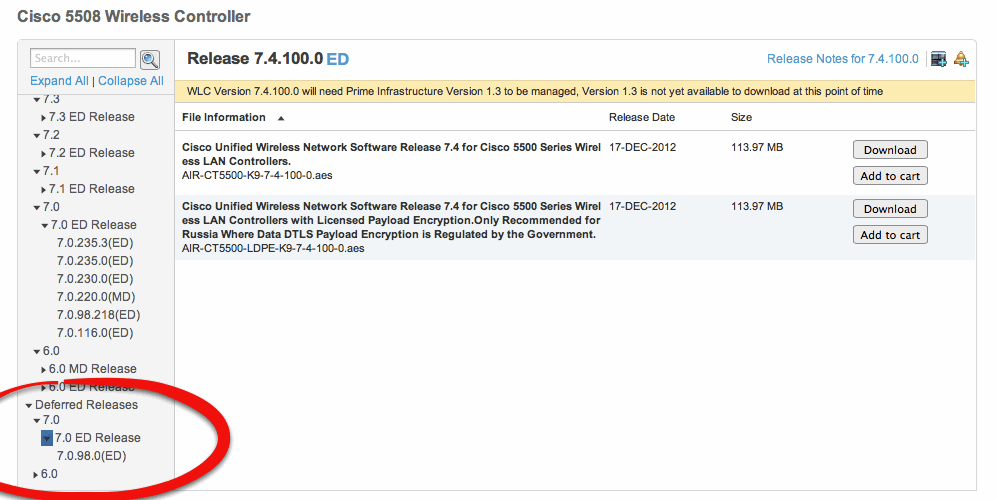
 George
George
 cisco,
cisco,  cisco deferred,
cisco deferred,  wlc bug
wlc bug 